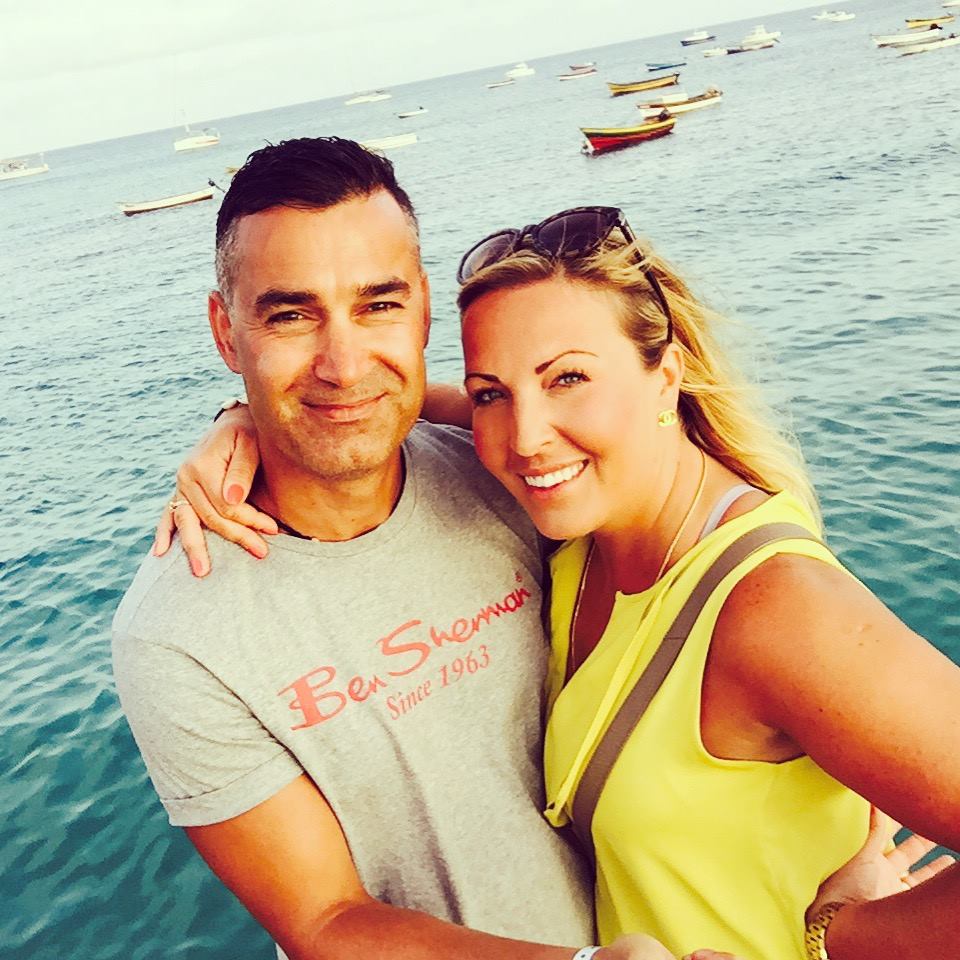A British businessman has been denied a fair trial and incarcerated for 20 months in “terrible” conditions in Belarus, according to human rights campaigners.
Alan Smith insists he has committed no crime, and friends are worried that his health is suffering. His lawyer says he ended up in jail because he “appeared to be in the wrong place at the wrong time”.
Smith, 45, from Bromley in London, was arrested by undercover police officers on 29 September 2016 at Brest railway station, near the Belarusian border with Poland. He was held on remand in Sizo 2 prison in Vitebsk for ten months.
On 11 July 2017 he was convicted by a court in Glubokoye in northern Belarus of assisting the illegal immigration of six Iraqi citizens. He was sentenced to two years in prison and sent to a penal colony known as IK3 in Vitebsk.
But, backed by his Polish wife, Magdalena Wolinska, and human rights activists, he maintains his innocence. “You have taken away my freedom,” he wrote. “But please do not take away my rights.”
Wolinska, who was arrested along with Smith but released after a few days, has launched an online campaign in support of her husband, and written to the Belarus president, Alexander Lukashenko. “The conditions he is kept in are terrible,” she told The Ferret.
“Prisoners are not given basic human rights, and no one speaks English. It is very worrying that Alan has recently spent four days in hospital because of water poisoning.”
She claimed he didn’t have access to medical treatment, and had been unable to see an optician about his deteriorating eyesight. “During the daytime they take the mattress out of the cell, so he has to sit on the floor,” she said.
“The food is very limited and he has already lost 20 kilograms of his weight – and they racially abuse him because he is a foreigner.”
According to Wolinska, there was no warrant and no explanation when Smith was arrested. He was refused access to an interpreter and the British embassy was not promptly informed, she said.
She claimed Smith was also forced to sign documents in Russian, which he didn’t understand, and denied the opportunity to call witnesses to support his case in court.
His latest bid for an early release was denied a few months ago because he wore specially insulated leggings to keep him warm, Wolinska disclosed. The clothing was said to be in violation of prison rules.
Wolinska and Smith own and run the Kurdish European Business Centre. It connects businesses from the Middle East with businesses in Europe and organises medical treatment for Middle Eastern patients.
According to Smith’s Belarusian lawyer, Natallia Krot, he and his wife were helping a disabled woman from Iraqi Kurdistan come to Belarus for medical assistance. But the woman helped a Kurdistan man and his family enter the country with a plan to emigrate illegally to the European Union.
“While helping that woman Mr Smith appeared to be in the wrong place at the wrong time,” said Krot. “Police suspected him of participating in criminal activities.”
Smith has been assisted by a British barrister, Michael Polak, assigned by the UK Foreign and Commonwealth Office. “Not only was Alan not afforded his rights during the investigation and trial but now he faces terrible conditions which could have a permanent effect on his health,” he said.
Polak has requested that the British embassy ensure that Smith is not mistreated and that he is returned to the UK immediately when his sentence is completed on 29 September.
Smith has also won the support of Pavel Levinov, a board member of the Belarusian Helsinki Committee, one of the oldest human rights organisations in Belarus. He went to Geneva in April to highlight Smith’s plight to the United Nations Committee Against Torture.
Levinov has also raised concerns about Smith’s trial and imprisonment with authorities in Belarus. “Unfortunately, the Belarusian state shied from the answers to the questions posed,” he said.
The Belarus embassy in London insisted that claims about Smith’s case were wrong. “Alan Smith has lost two kilograms in weight because he is a vegetarian and rejects the food which the prison provides,” an embassy spokesperson told The Ferret.
“Alan did have problems with his health for which he was treated in the prison hospital and as of now has no health problems. The British embassy has never been refused a visit and has in fact visited Alan eight times. They also plan to visit him again in the near future.”
A UK embassy spokesperson said: “We continue to provide support to a British national currently in detention in Belarus following their arrest in September 2016.”
Belarus is facing mounting international criticism for its record on human rights. There have been persistent allegations of torture or mistreatment of prisoners and harassment of activists, while laws restrict freedom of expression.
It is the only country on the European continent that still uses the death penalty, by shooting convicts in the head. It is not a member of the Council of Europe, which means there are no rights of appeal to the European Court of Human Rights in Strasbourg.
Photo thanks to Magdalena Wolinska.
Update: Remarks attributed to Michael Polak were slightly edited at his request at 17.52 on 17 May 2018.














